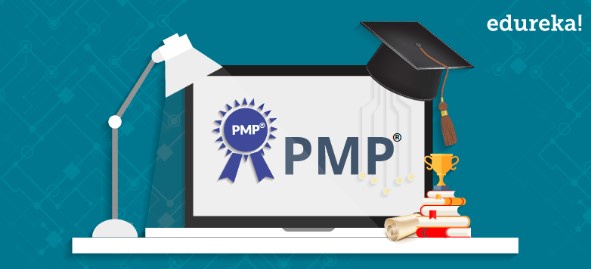In Project Management, the concept of "Cost of Quality" (CoQ) refers to the total costs incurred by an organization to ensure that a project or product meets the required quality standards and satisfies customer expectations. CoQ encompasses both the costs associated with achieving and maintaining quality (known as "Prevention Costs" and "Appraisal Costs") and the costs incurred as a result of not achieving quality (known as "Internal Failure Costs" and "External Failure Costs").
The concept of CoQ highlights the importance of investing in quality management activities upfront to prevent defects and minimize costs associated with rework and customer dissatisfaction. While prevention and appraisal costs may initially appear higher, they often result in significant savings by reducing internal and external failure costs. Effective cost of quality management is a fundamental aspect of Project Management, contributing to the successful delivery of projects and products that meet or exceed customer expectations. Apart from itby obtaining PMP Certification Training, you can advance your career as PMP. With this course, you can demonstrate your expertise in extensive knowledge of Project Management concepts highlighted in the PMBOK Guide - 7th Edition which is aligned with the latest PMP Exam Content Outline, and many more.
1. **Prevention Costs**: These are costs incurred to prevent defects or quality issues from occurring in the first place. Prevention costs include activities such as quality planning, process improvement, employee training, and implementing quality management systems. The idea is to invest in prevention to minimize the likelihood of defects and issues down the line.
2. **Appraisal Costs**: Appraisal costs are associated with activities that assess and evaluate the product or process to ensure compliance with quality standards. This includes activities like inspections, testing, audits, and quality control measures. Appraisal costs help identify and address quality issues during various stages of a project.
3. **Internal Failure Costs**: Internal failure costs arise when defects or quality issues are detected within the organization before the product is delivered to the customer. These costs include rework, scrap, retesting, and addressing defects found during development or production. Reducing internal failure costs is a key objective of a robust quality management approach.
4. **External Failure Costs**: External failure costs occur when defects or quality issues are discovered by customers after the product has been delivered. These costs can be substantial and include warranty claims, product recalls, customer support, and potential damage to the organization's reputation. Minimizing external failure costs is critical for customer satisfaction and business success.


No comments yet